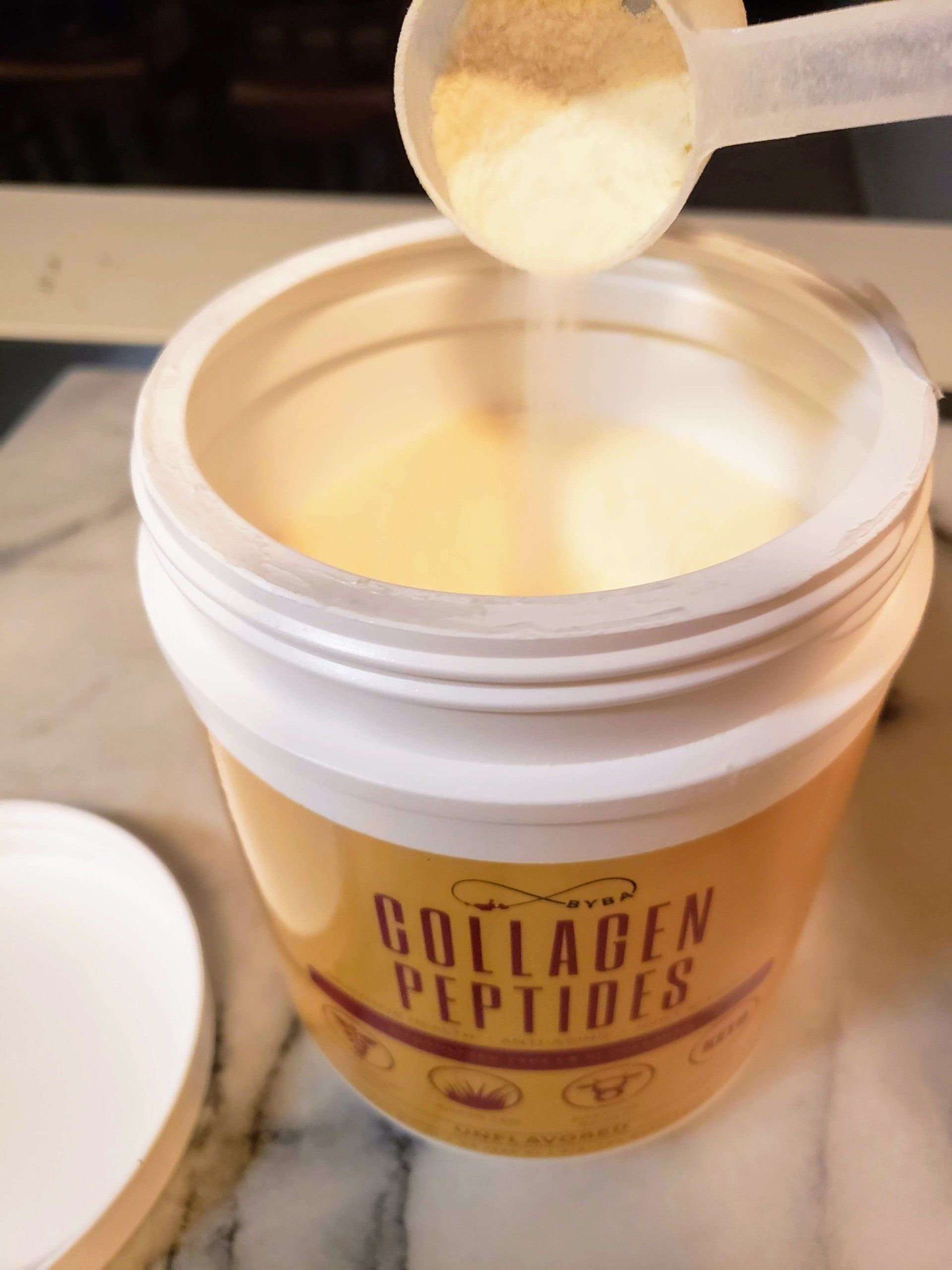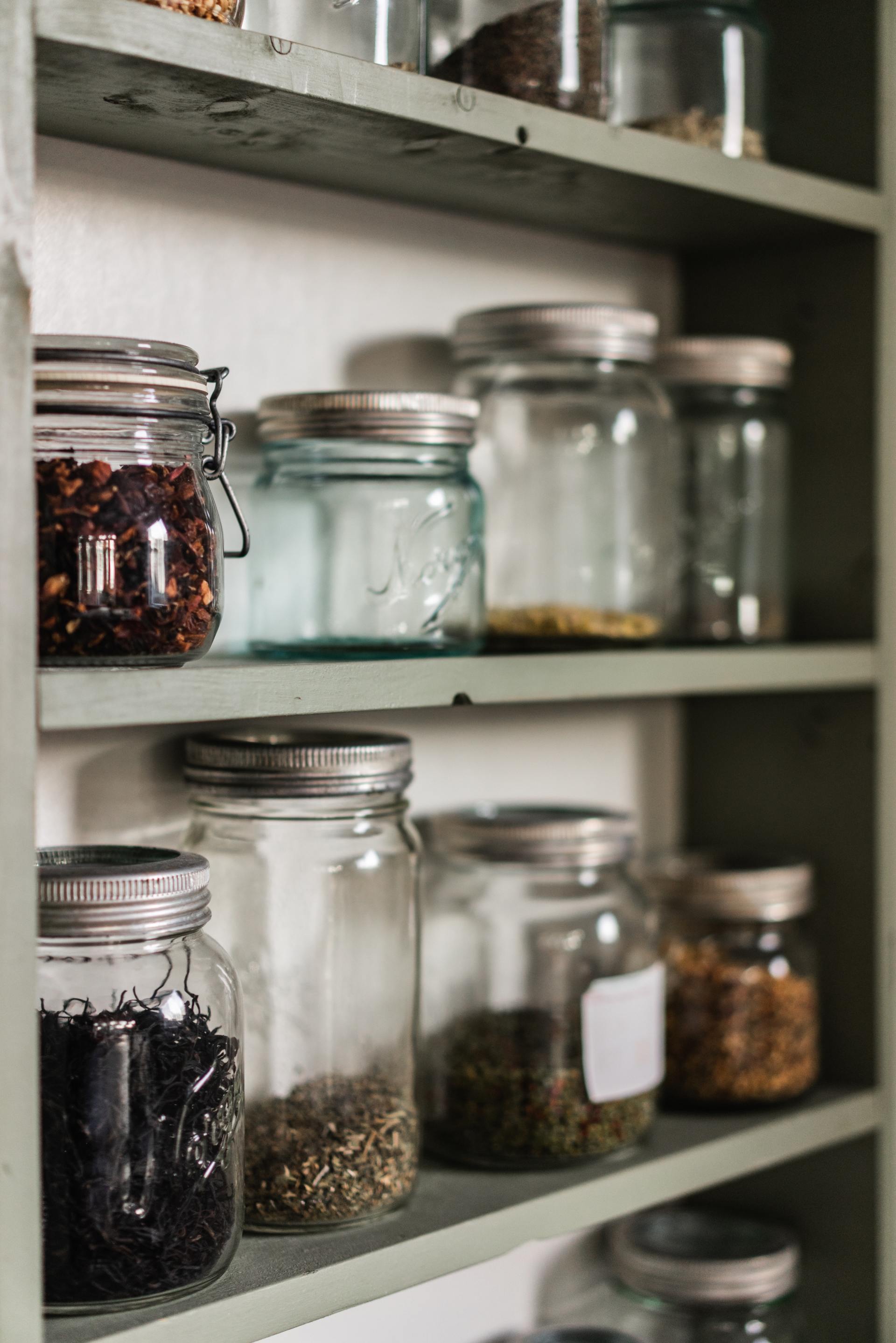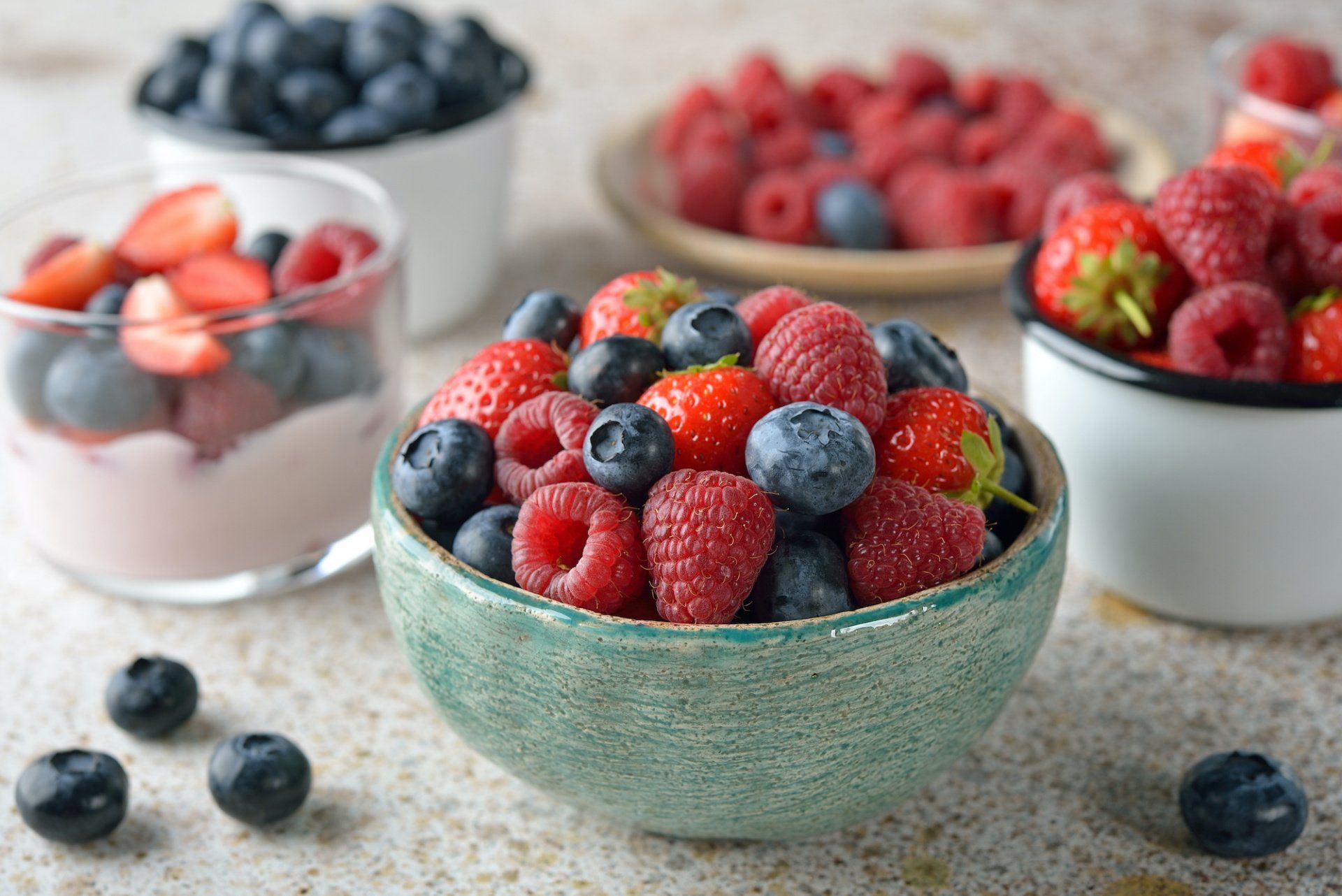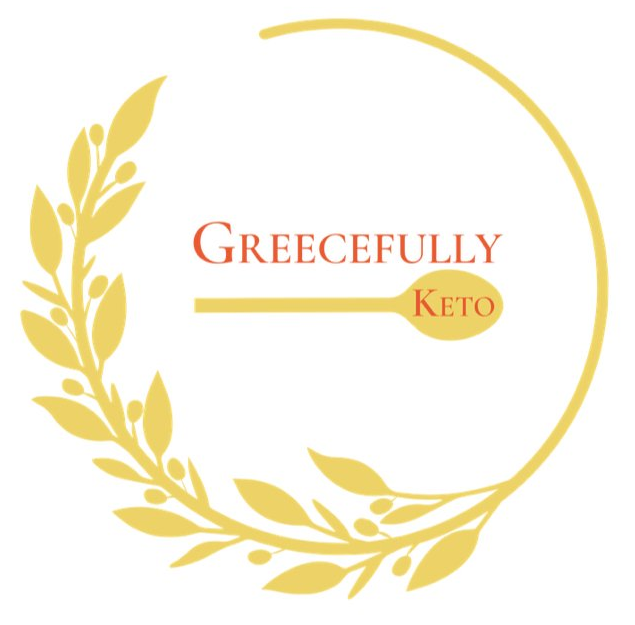GOOD TO KNOW
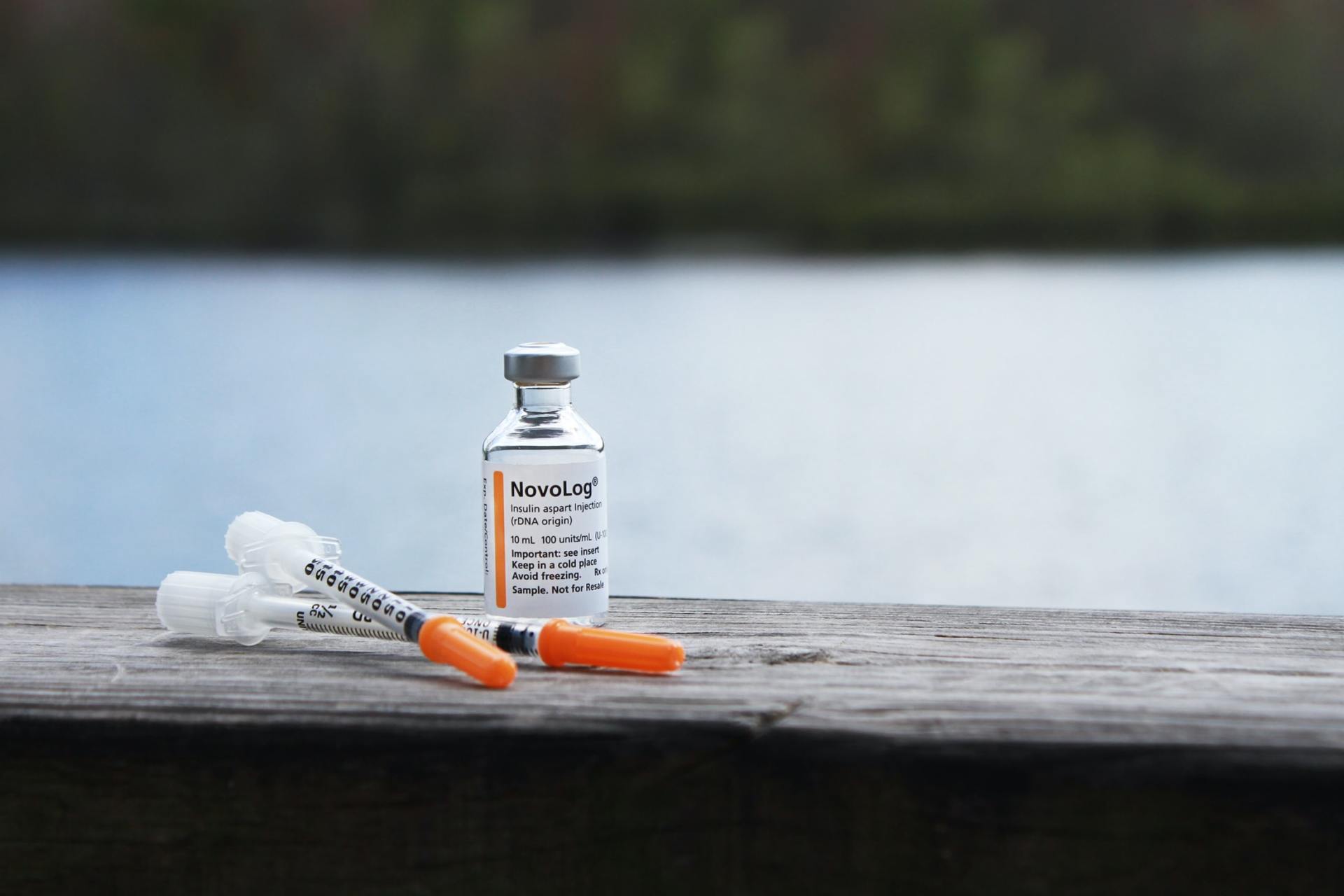
According to WebMD, “carbohydrates (“carbs”) represent one of the three main classes of foods. Carbs are a source of energy; they are mainly sugars and starches that the body breaks down into glucose that the body uses to feed its cells.” Processed carbohydrates can affect blood sugar levels, making insulin production unstable, causing rapid spikes and drops in blood sugar. Most bad carbs are loaded with “empty calories”. Empty calories have practically no nutritional value. Many argue that carbs are a source of energy, therefore good for your body, but the issue is that what isn’t used for immediate energy is stored as fat. Now, let’s clarify something. I am not a doctor, or a nutritionist and I don’t pretend to be one. What I’m writing is based on my own understanding and interpretation of facts and you don’t have to agree. This article represents my own views and opinions based on my own experiences. So, let’s agree to disagree. I often get the questions as to what constitutes carbohydrates, which foods are consider high in carbohydrates and what to avoid while on keto or if you are a diabetic. Even though my diabetes is very much under control, and I’m considered pre-diabetic, in my head I still consider myself diabetic. It is a self-preservation thing. Following a ketogenic lifestyle helped me be where I am today. Diabetes is a very complex disease that slowly kills you with no signs. Managing it can reduce your risk of developing other, more serious conditions such as heart disease, kidney disease, problems with your eyes, teeth, even avoid toe, foot or even leg amputations. Following a healthy lifestyle, make good and clean food choices, staying physically active can significantly improve your diabetes health. Diabetes is a complex disease that requires daily self-management - making healthy food choices, staying physically active, monitoring your blood sugar and taking medications as prescribed. It is also important to talk regularly with your diabetes care team to problem solve, reduce risks for complications and cope with lifestyle changes. Successful self-management will help you feel better and can reduce your chance of developing complications including heart disease, dental disease, eye disorders, kidney disease, nerve damage and lower leg amputation. A ketogenic diet minimizes or even eliminated carbs from your daily intake. I measure net carbs and my daily allowance is between 20 to 25 net carbs a day but I often do extended periods at a time with a maximum of 10 to 15 net carbs per day. Now, what is a net carb you say? Looking at a nutritional label, you see a few categories right below total carbohydrates, which include dietary fiber, sugar, sugar alcohol, added sugars. Dietary fibers and sugar alcohols are to be deducted from the total carbohydrates which is how you derive to the net carbohydrates. It is also important to read the ingredients to understand the source of the sugar alcohols. One thing you need to realize is that carbs are everywhere. Even lettuce has carbs, yes lettuce! So I would recommend to use an app to record your daily intake. The benefit of the app is that it calculates the nutritional information for you so you don’t have to guess. I use Cronometer but there are many others out there so you have to play with a few to see what works best for you. So, which foods are considered carbohydrates and are there healthy alternatives? I am not going to list everything that’s out there, but I will list the biggest players: • Flours (i.e. white, wheat, semolina etc.) • All types of breads including pretzels, bagels, popcorn • Barley, couscous, millet, pasta (white or whole-wheat, all shapes and sizes), polenta, quinoa (all colors), or rice (white, brown, and other colors and types) • Bran cereal (twigs, buds, or flakes), shredded wheat (plain), or sugar-coated cereal • Bulgur, kasha, tabbouleh (tabouli), or wild rice • Beans (black, garbanzo, kidney, lima, navy, pinto, white), lentils (any color), or peas (black-eyed and split), cooked or canned, drained and rinsed • Starchy vegetables (i.e. tomatoes, potatoes, carrots, beans, peas, chickpeas, corn, beets) • All fruits except berries which can be used in moderation. Berries also have carbs, but certainly much less than bananas, grapes or mangos. • Sugars (i.e. white, brown, agave, honey, coconut) • Desserts, cakes, cookies, ice cream, milkshakes • Milk (of any fat content) Now, you can say, “well, aren’t vegetables good for you”? Well, in reality they are not, as starchy vegetable are high on carbs which means that if you have diabetes, your body will have a hard time breaking them down and given they have high glycemix index, your blood sugar will rise much faster having a potato than having lettuce. If you follow a ketogenic lifestyle, or even if you don’t and want to just manage your diabetes, there are a few brands that I personally use and love. Look under “ Products I Love ” tab for a list and discount codes. What worked for me was to significantly reduce carbs, sugars, and processed foods. Do I ever cheat? Of course I do, I’m human after all, but what matters is how quickly I bounce back. It’s all about self control and willingness to have a better life, a long life, a healthy life. So, how bad do you want it?


